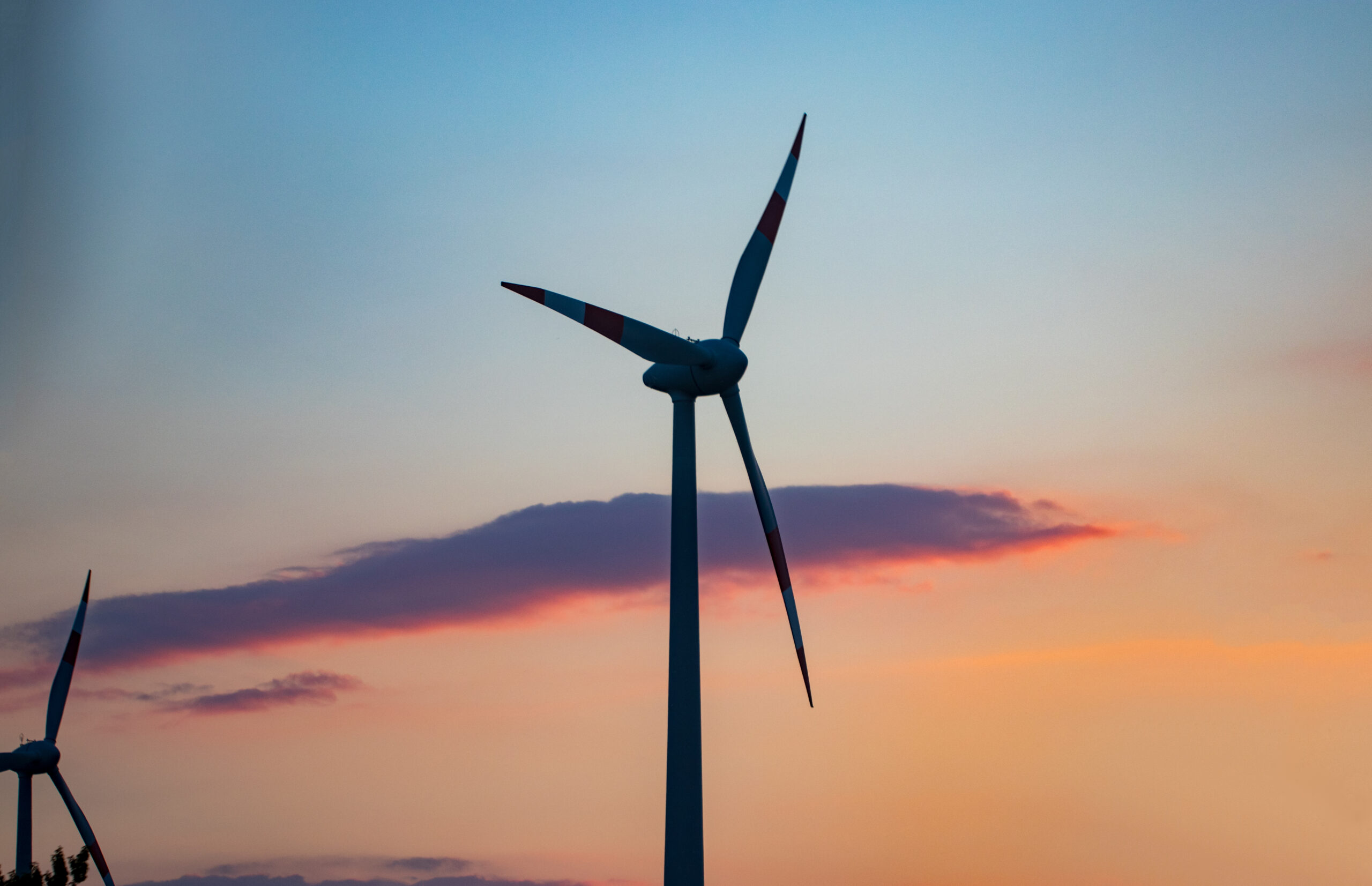Women as Energy Entrepreneurs for the ASEAN Green Economy
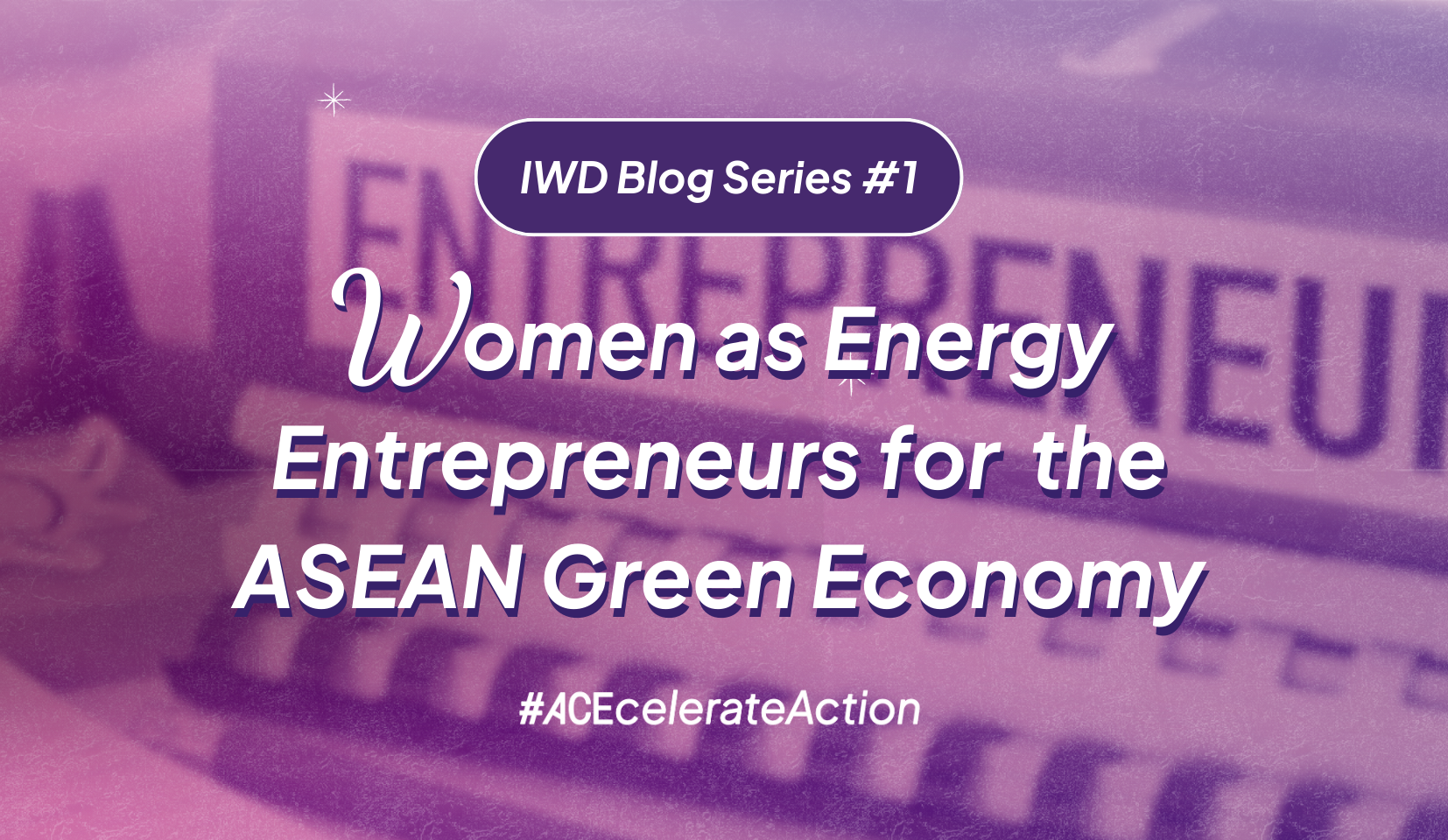
Amid regional uncertainties, ASEAN embraces creativity and innovation to drive progress, with women-led entrepreneurship playing a key role—especially in the energy sector—as a catalyst for inclusive and dynamic economic integration.
Deploying Various Private Capital is a Must to Scale Up Low-Carbon Hydrogen
Scaling up low-carbon hydrogen in ASEAN is essential for achieving carbon neutrality, but high upfront costs pose significant challenges. To overcome these barriers, it’s crucial to deploy various private capital sources and implement financial de-risking measures, thereby improving the investment landscape and accelerating the region’s energy transition.
ASEAN at COP29: Strengthening Climate Commitments and Accelerating Energy Transitions
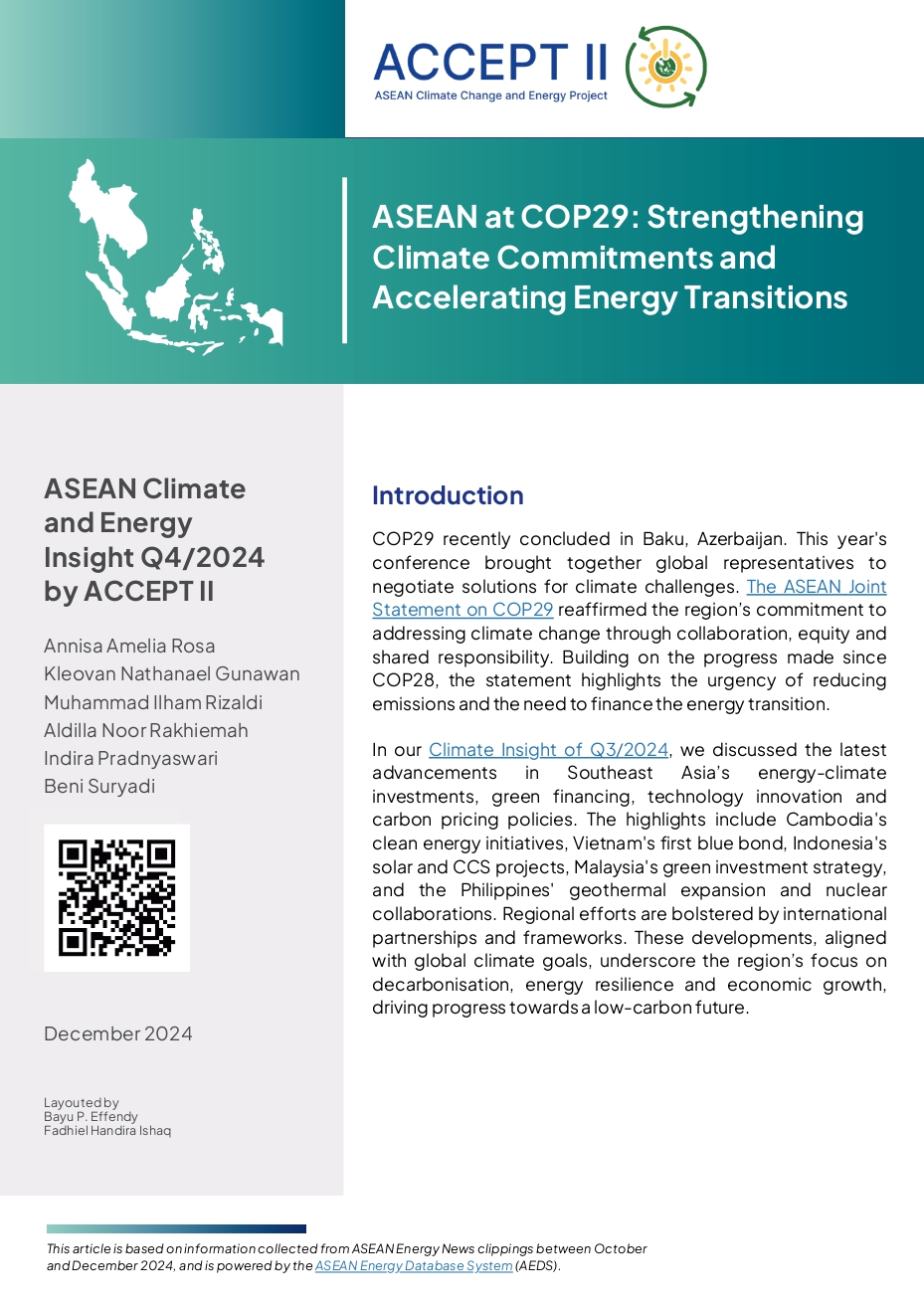
Facing COP29: A Roadmap for ASEAN’s Collective Climate Leadership
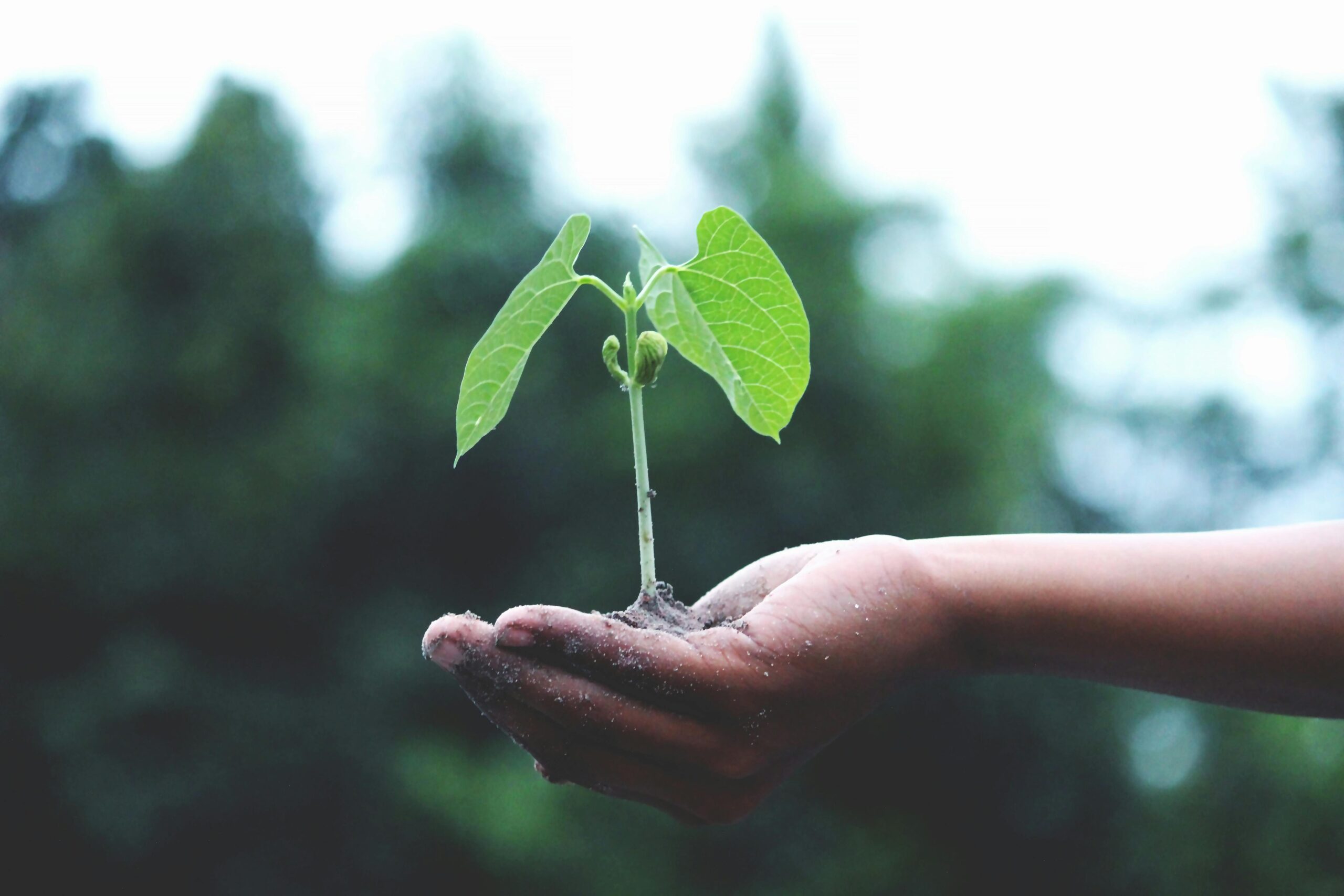
ASEAN’s approach to COP29 should be rooted in three key areas: leveraging regional cooperation, securing financing for transition, and advancing low-carbon energy adoption and decarbonisation strategies.
Toward ASEAN’s Carbon Neutral Future: How Interoperable Carbon Markets Will Make a Difference
To achieve carbon neutrality in ASEAN, establishing an interoperable carbon market stands out as a transformative approach to unifying regional carbon reduction efforts.
Addressing the Financing Gap for Hydrogen Development in ASEAN
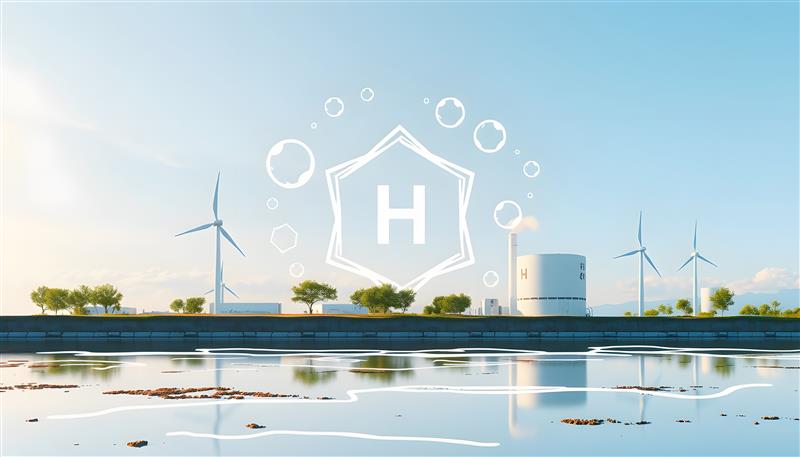
Low-carbon hydrogen’s risks in investing are explored, as well as what kind of de-risking measures can be undertaken.
Breaking the Cycle: Unlocking the Potential of Low-Carbon Hydrogen in ASEAN
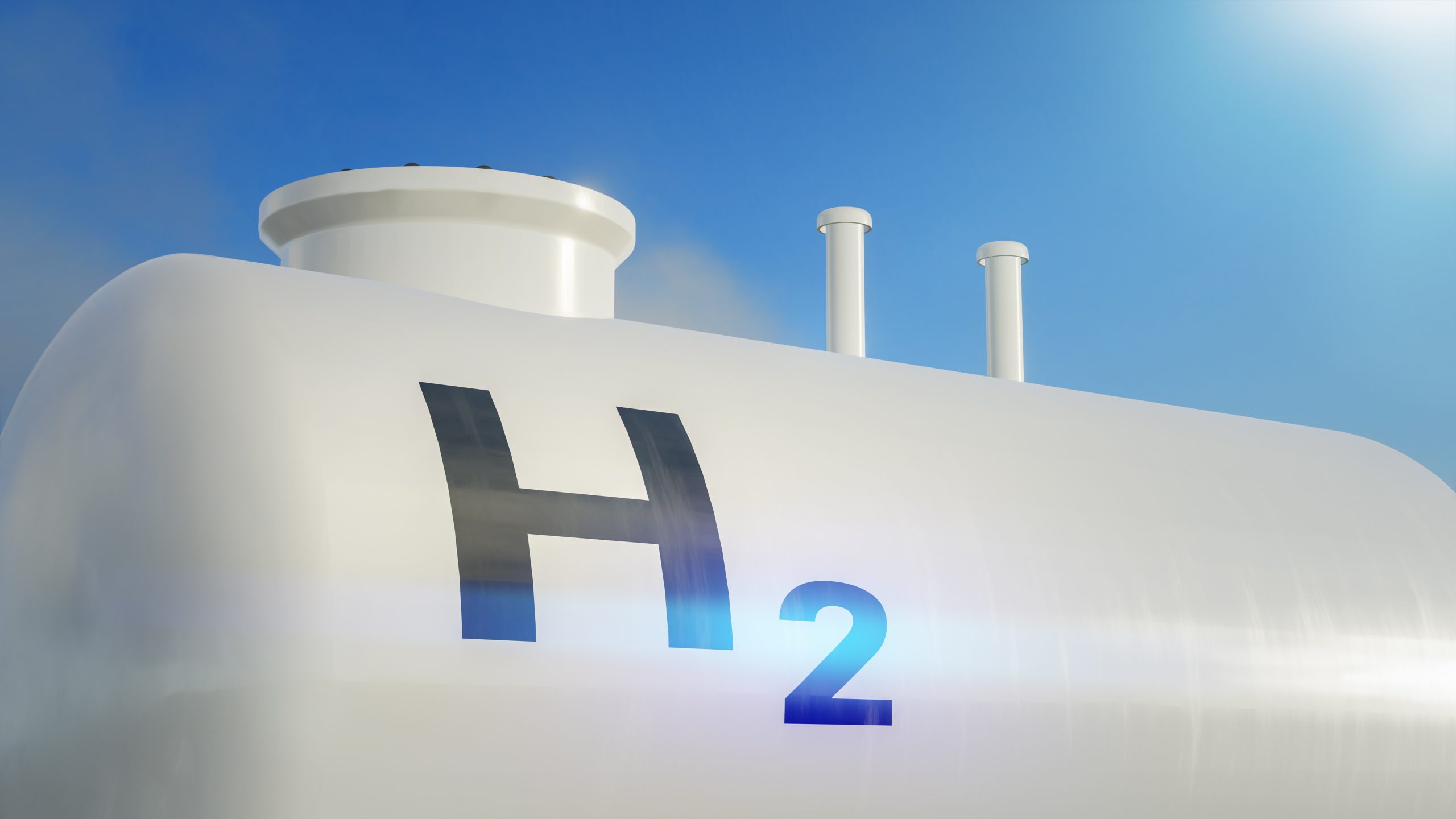
Hydrogen’s duality as both a fuel and an energy carrier positions it as a vital link between electricity from renewables and broader applications, including substitutes for aviation fuel, residential heating, and decarbonising industries such as steelmaking, which is renowned for being ‘hard-to-abate’.
Bridging the Investment Gap: Empowering Energy Transition Through Climate Finance
